Key Takeaways
- Players can help the DM manage numbers and resources in D&D for smoother gameplay.
- Assigning roles like treasurer, supply keeper, and calendar tracker can streamline gameplay.
- Players are responsible for tracking individual character abilities and ongoing effects.
Dungeons & Dragons might be a game about grand stories involving epic adventures, but the specter of mathematics is never far away. Sooner or later, numbers must be tracked, be they hit points, coins, or spell slots. The poor Dungeon Master already has many numbers they need to remember, assuming they’re not just making it all up as they go.
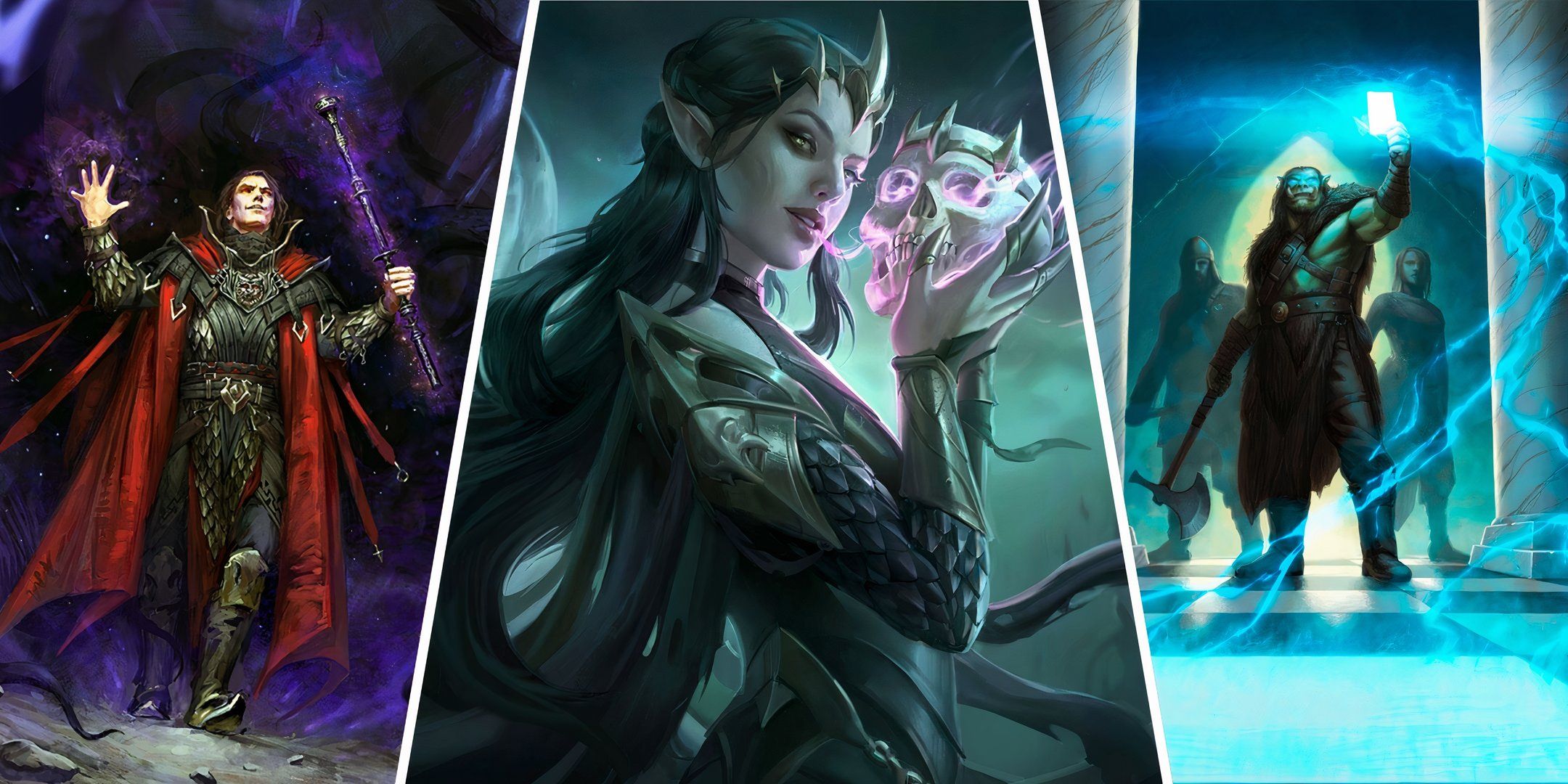
Related
Dungeons & Dragons: The Best Magic Items To Give To Your Villains
These magic items will help your D&D villains remain in control… mostly.
Thankfully, the other group members can step up with the help of scrap paper and calculators, possibly divvying out responsibilities like they’re office workers with swords. By sharing tasks, the D&D game will go a lot smoother, as the DM won’t need to stop to check numbers and resources. Certain things are best for the players to manage, especially as they involve their characters directly.
10
A List Of Important NPCs And Locations
A D&D group is likely to encounter many characters and places with unusual names. Some are simple, like the library of Candlekeep, but then there are places like Menzoberranzan and characters like Mordenkainen. Some stories involve lots of NPCs interacting at once, so it can be easy to get them mixed up.
A Location And Name List Helps Remind Players Of Vital Information
At least one player should write down the names and general roles of characters. They can act as the living recap for the group, answering any quick questions or correcting any mix-ups as they occur so the DM doesn’t break their story flow.
9
Gold
Some D&D players like to track any gold they’re given directly, but it’s common for the party to be given shared rewards. As D&D 5E isn’t as treasure-focused as earlier editions, it’s wise for the group to pool their cash together and buy things as needed.
D&D Groups Need A Treasurer
A player who keeps track of the treasury can make things easier for everyone. It saves needing to divide gold by the number of players, breaking down the currency values (Electrum pieces can go to Avernus where they belong), and managing artwork and gemstones found. Then, if someone needs to buy something, the treasurer can manage the budget.
8
Food
Most D&D parties will never bother tracking food and drink, as most adventures happen close to civilization. The campaigns with a survival element, such as Tomb of Annihilation, will care, as it’s part of the challenge. In these games, the environment can be just as deadly as the monsters.
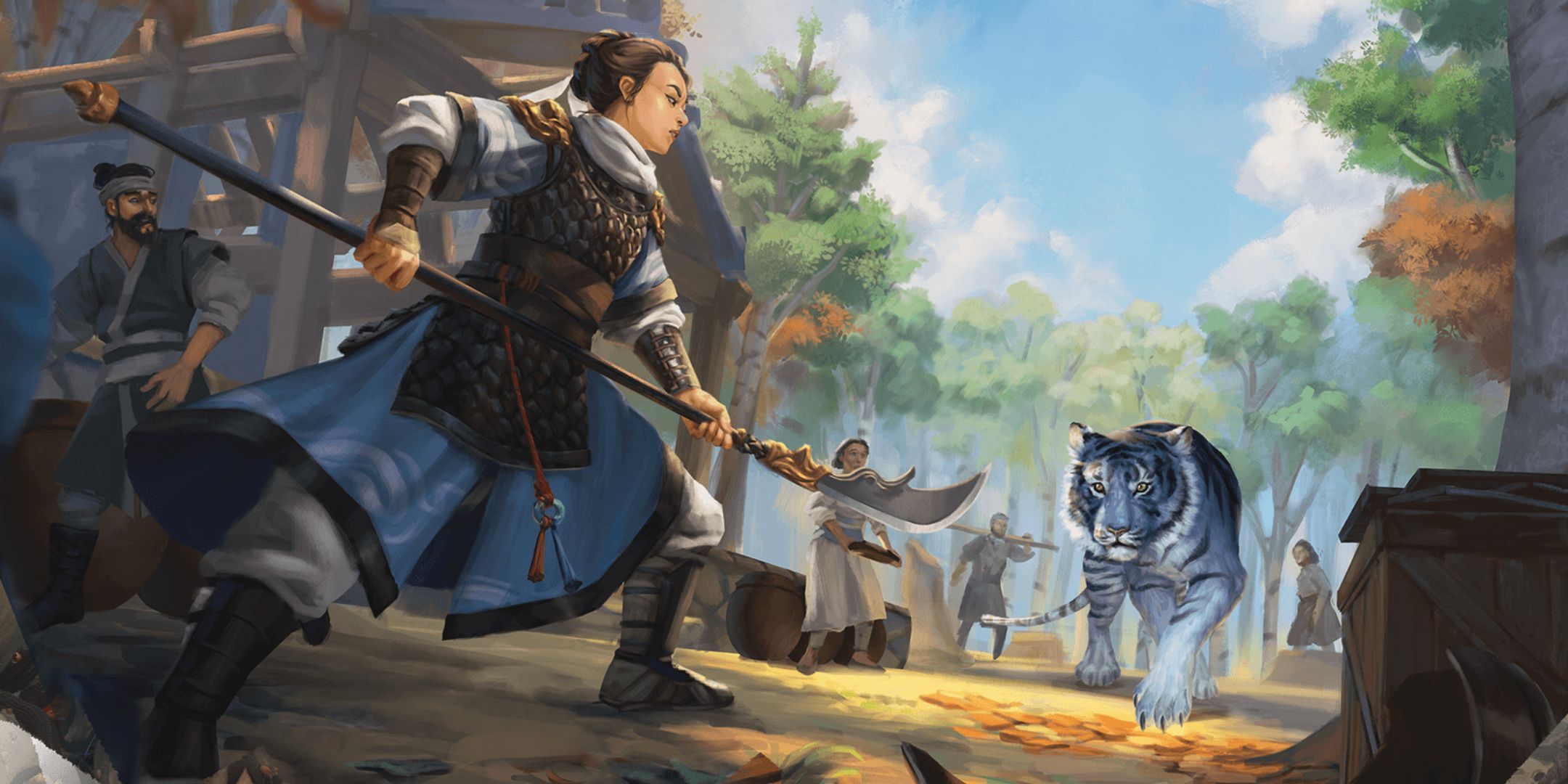
Related
Dungeons & Dragons: 14 Best Magic Items For Monks
These D&D magic items were almost made for monks.
D&D Groups Need A Quartermaster (Or A Chef)
To avoid having to manage individual food and water, one player should be nominated as a supply keeper, especially if they have the Chef Feat, so they can be aware if stores are low. All that being said, if the group doesn’t want to bother, have someone play a Druid, take the Goodberry spell, and then never look back.
7
Exhaustion
Exhaustion can be a brutal mechanic in D&D, especially as it can be tricky to heal in campaigns where groups are on the run. The higher levels of Exhaustion are highly detrimental to melee characters, so the group will have to make hard choices about managing their resources.
Survival Campaigns Can Involve Differing Levels Of Exhaustion
Due to the harsh effects of Exhaustion, it’s up to the individual players to keep track of it. Like with food supplies, this will be more of an issue in survival-themed campaigns, as regular adventures likely won’t use the Exhaustion rules, and if they do, a single Long Rest can usually resolve the problem.
6
The Passage Of Time
Most D&D campaigns happen over a short period of time, so managing a calendar isn’t necessary. It’s not like the characters have to go to work on Monday. However, some instances will require tracking time, such as if an event is going to happen on a certain date.
A Calendar Is Important For Lycanthrope Players
The DM should initially provide an official calendar for their campaign (assuming it doesn’t use the real-world one) and the game’s start date. At least one player needs to keep track of the days gone by, using Long Rests as a metric for days gone. Lycanthrope D&D players also need to know when the next full moon will occur.
5
Maps
The DM should provide large-scale maps, such as for countries and continents, but what about smaller locations? While DMs should also have maps for these, they’ll need to keep track of everything that’s happening beyond the fog of war, especially if enemies are nearby and the party’s actions can alert them.
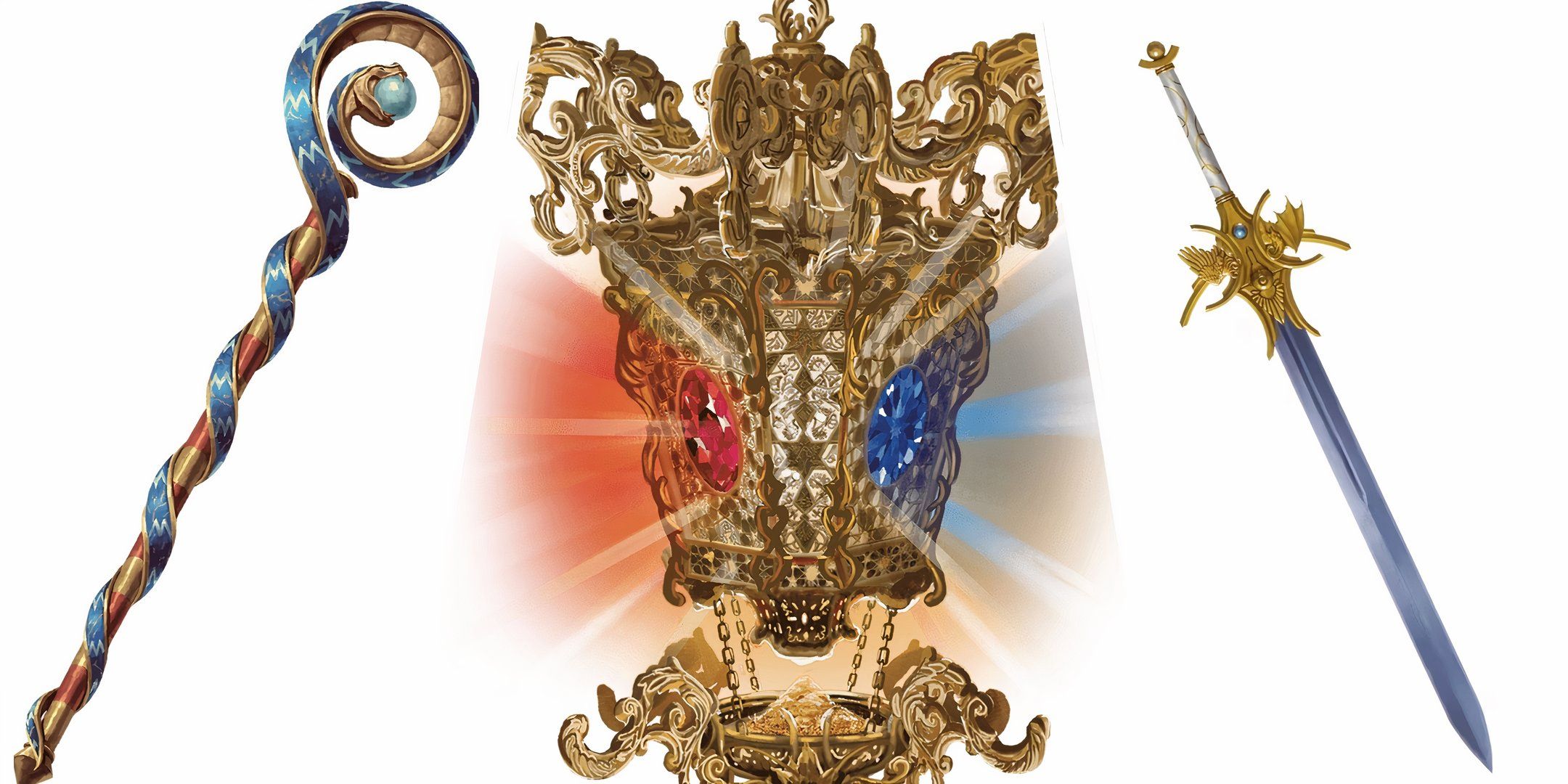
Related
Dungeons & Dragons: All Magic Items In Quests From the Infinite Staircase, Ranked
Check out the magical items added to the fifth edition of D&D with Quests From The Infinite Staircase.
D&D Players Need Some Graph Paper For Maps
One player needs to wield the paper and pencil and start drawing the dungeon map as they go. This will help everyone keep track of what they’ve explored so far while also giving the DM a chance to chuckle behind their backs as they get all the proportions wrong.
4
Campaign Journal
While some DMs will likely thrive when writing up a campaign journal, it’s also a huge burden on an already packed workload. This is where the players can step up and help the DM, by maintaining the diary that chronicles the campaign’s events.
The Group Should Manage The Campaign Journal
At least one player should write a campaign journal with recaps that can be read at the start of a new session. The others can certainly help and add their input in order to give the DM as many perspectives on the events of their story as possible and possibly inspire future developments.
3
Inventory
Obviously, individual players will track their own weapons and armor, but what about everything else? Most groups tend to find many miscellaneous items, including magic items, common items, ammunition, vehicles, hirelings, and beasts of burden. Someone needs to keep track of them all.
The Group Needs Someone To Manage Everything That Isn’t Gold
It helps to have a shared inventory list managed by a single person, especially for single-use items like potions, alchemist’s fire, caltrops, and spell scrolls. This way, one player is responsible for divvying out the healing juice. They can also act as the final arbiter in moments when multiple players argue over an item.
2
Ongoing Buffs, Resistances, And Concentration Effects
The DM has to track so many enemy powers in battle that they shouldn’t have to do the same for everyone. A single D&D character can have lots of abilities, and it’s vital that their player to learn how they work, as well as track their ongoing effects.
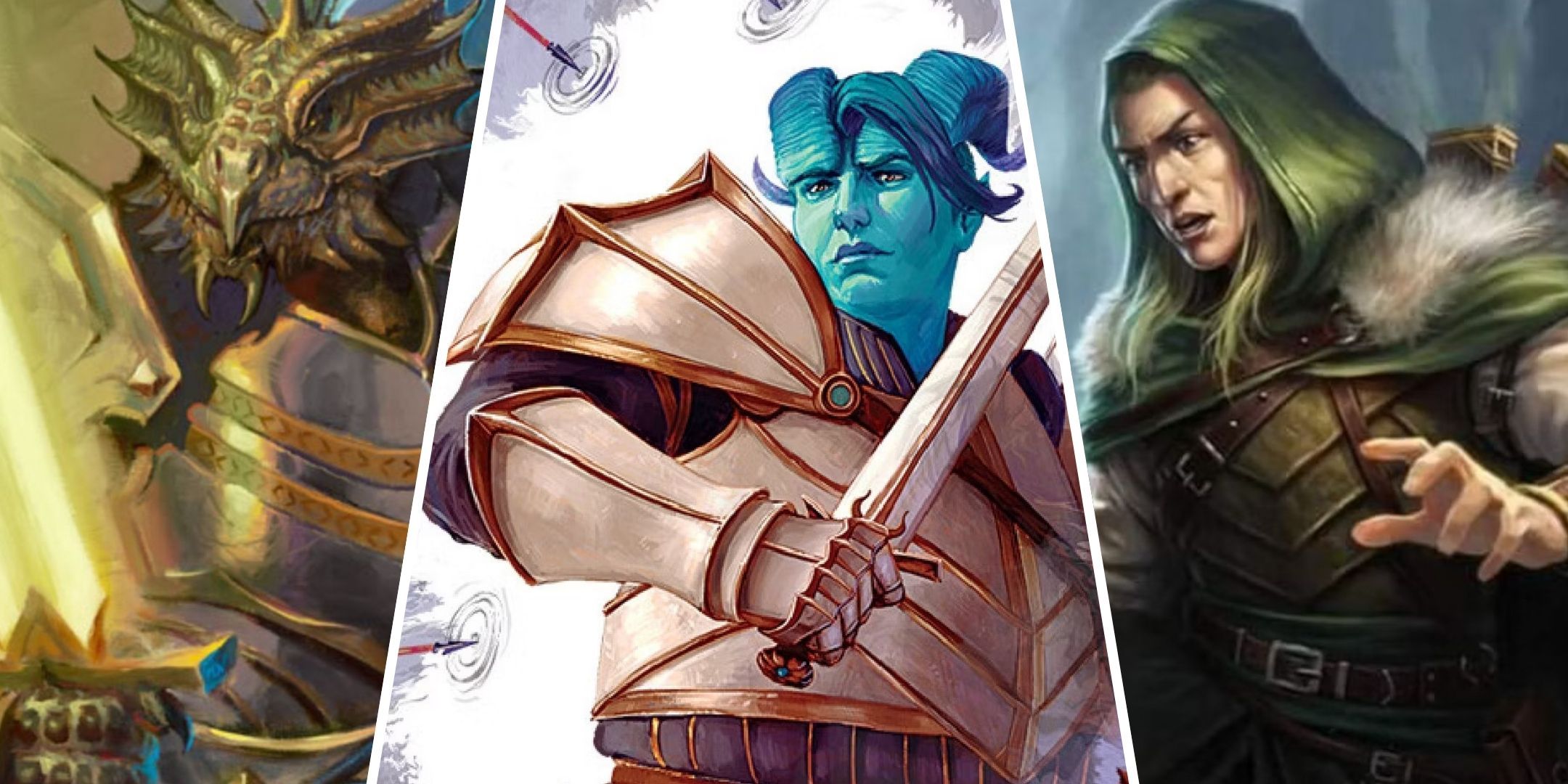
Related
Dungeons & Dragons: 14 Magic Items That Boost AC
If you want better AC than the Paladin, make sure to snag these items. Forget about Ability Scores, here’s how to get better Armour Class.
Players Have To Manage The Abilities Of Their D&D Characters
If a player is using powers that buff their abilities and allow them to resist or ignore damage, or is casting a spell that requires concentration, then they should be managing them. If they miss out on the timing of a special power or realize that an attack should have done more or less damage, then it’s their loss, and they shouldn’t expect the DM to roll events back for them.
1
Heroic Inspiration
The D&D 5E rules in the 2024 Player’s Handbook has made Inspiration (now called Heroic Inspiration) a core part of the game that can be given using player abilities. A player can spend Heroic Inspiration to grant Advantage on a D20 check, but they’re restricted to having a single point at any time.
Heroic Inspiration Is Limited For A Reason
Heroic Inspiration can be a powerful tool, especially for Rogue players, so it needs to be managed correctly. The one-point limit is there for a reason, and players need to be vigilant about how they track it to stop them from having too much of an advantage in combat.
Source link
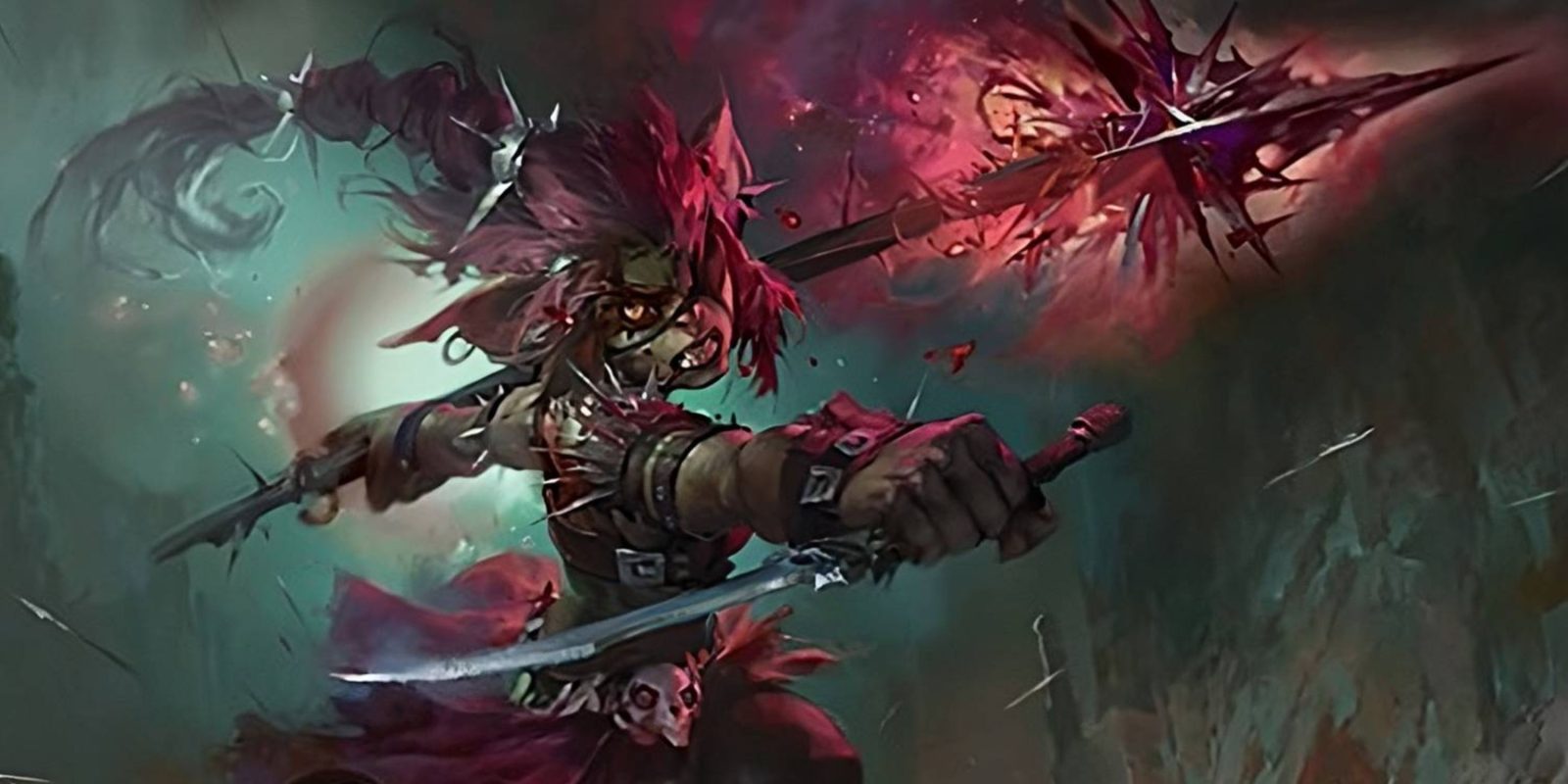
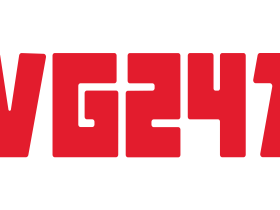
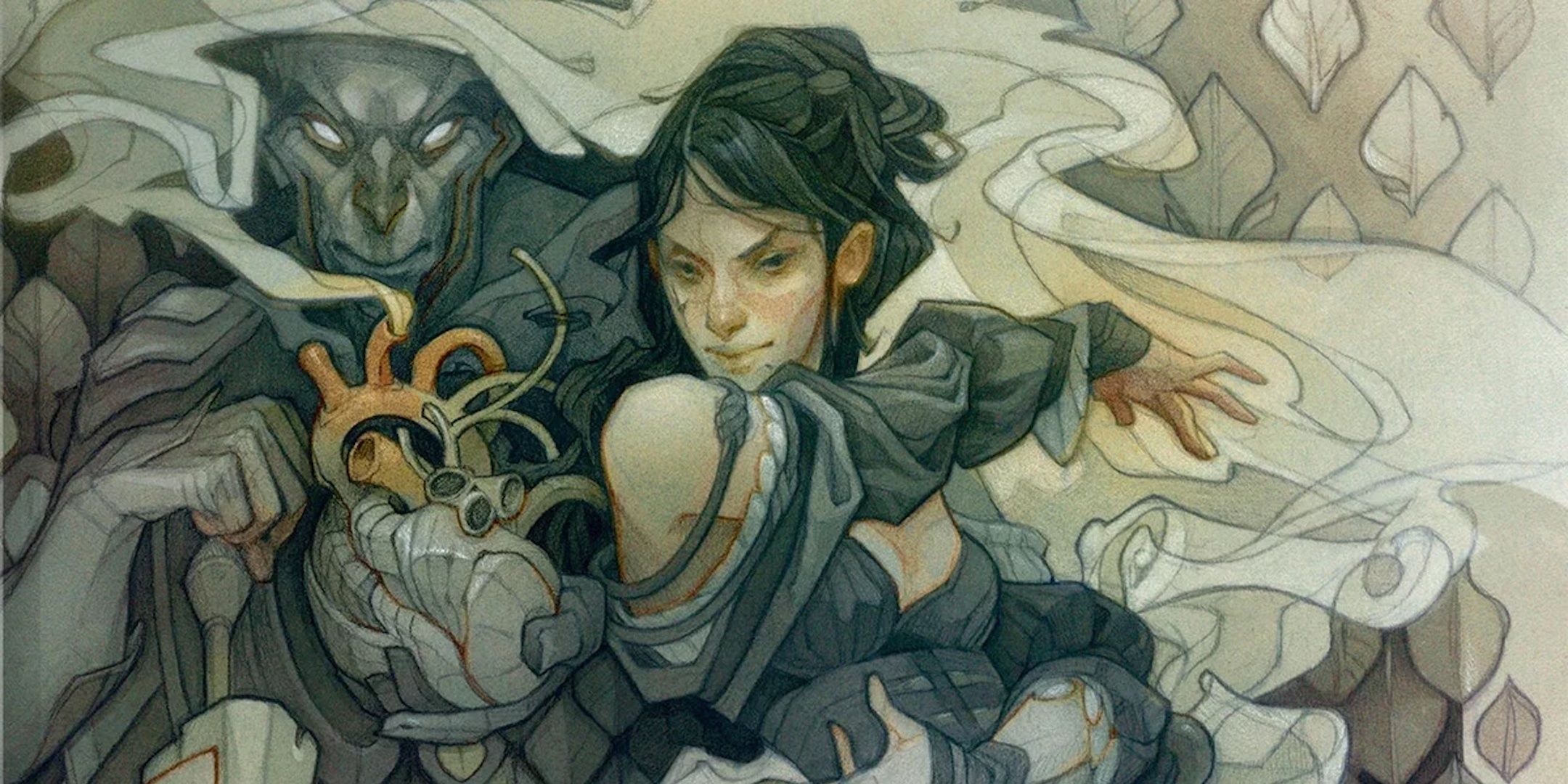
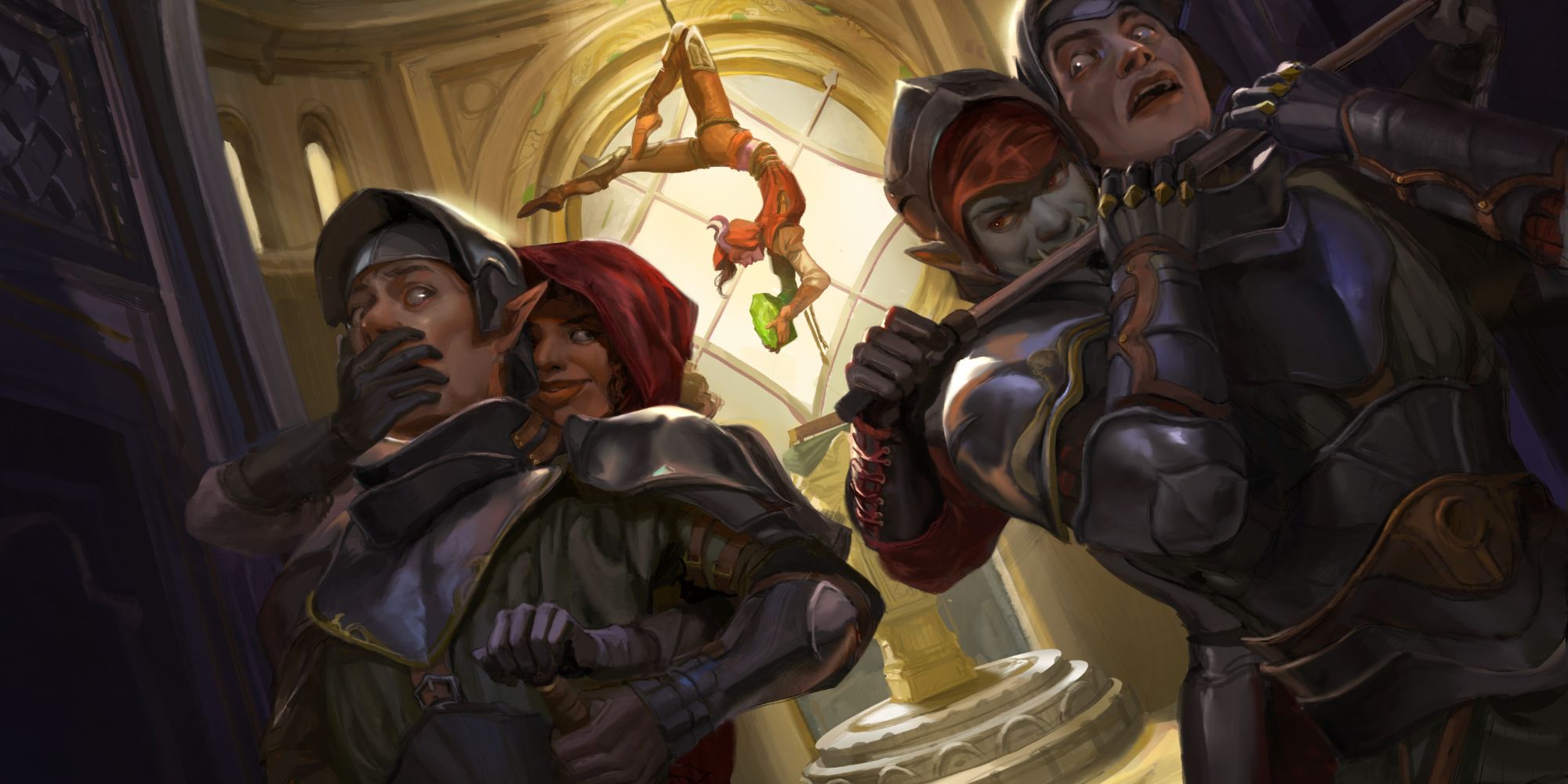
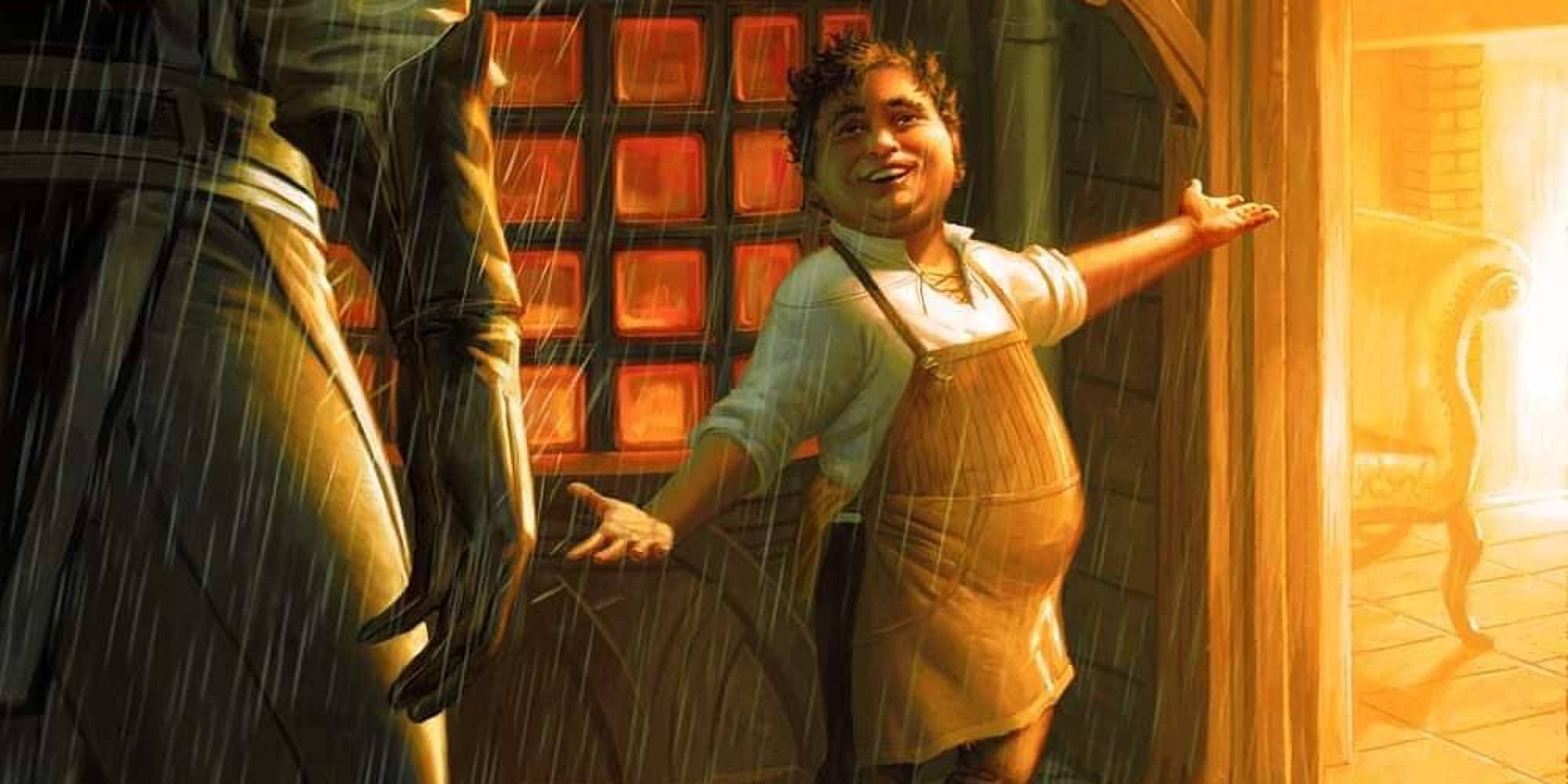
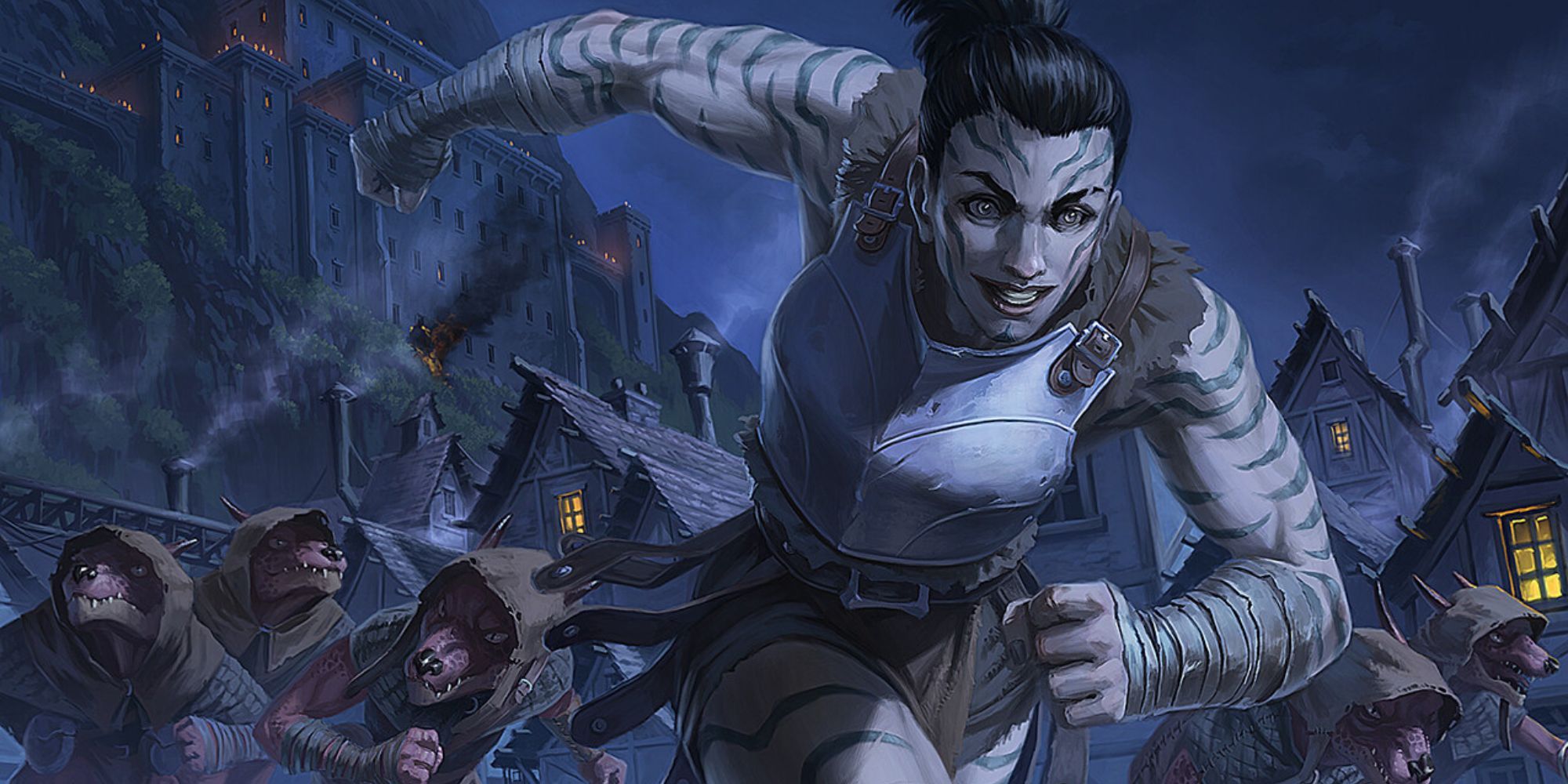
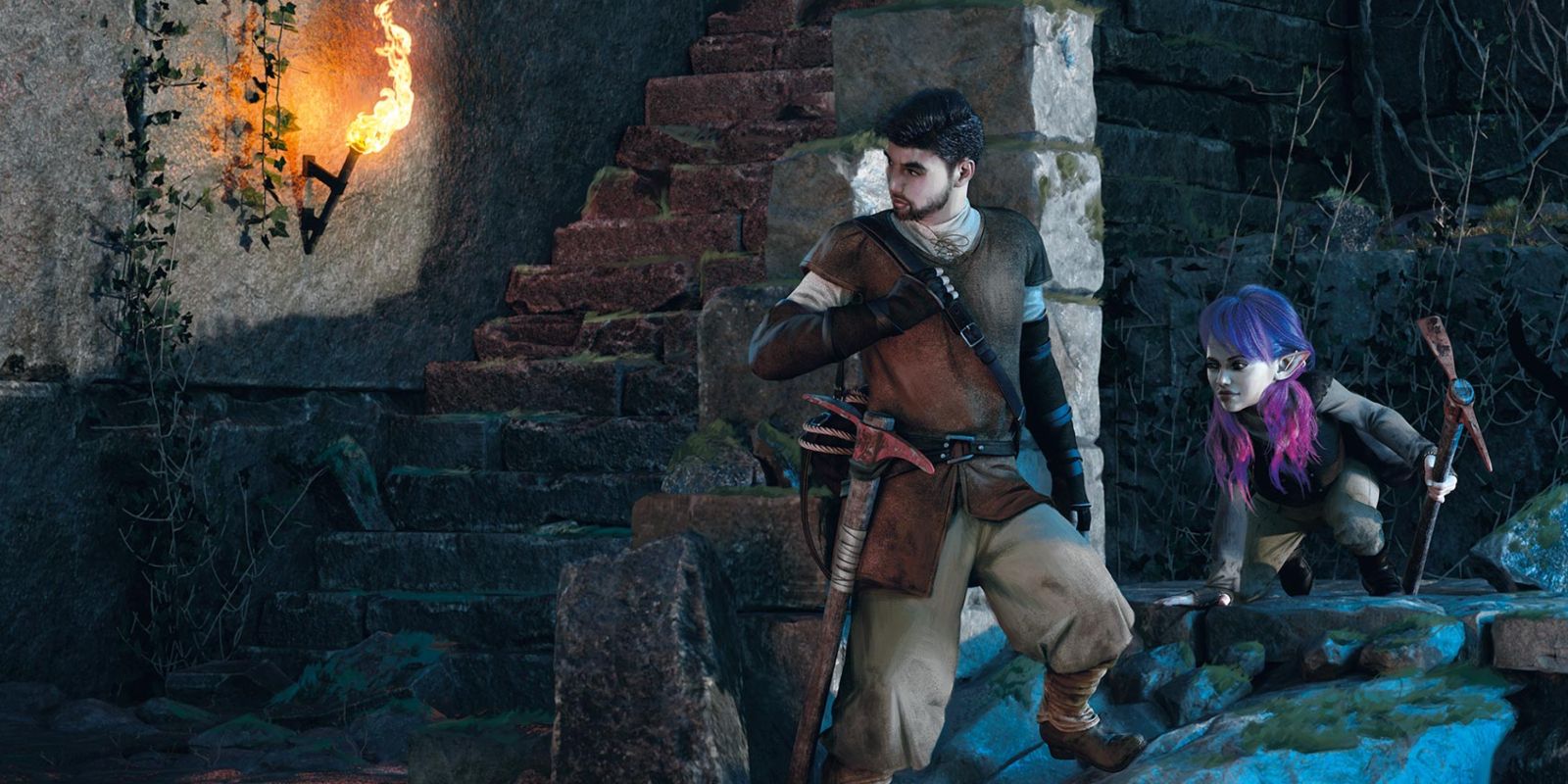
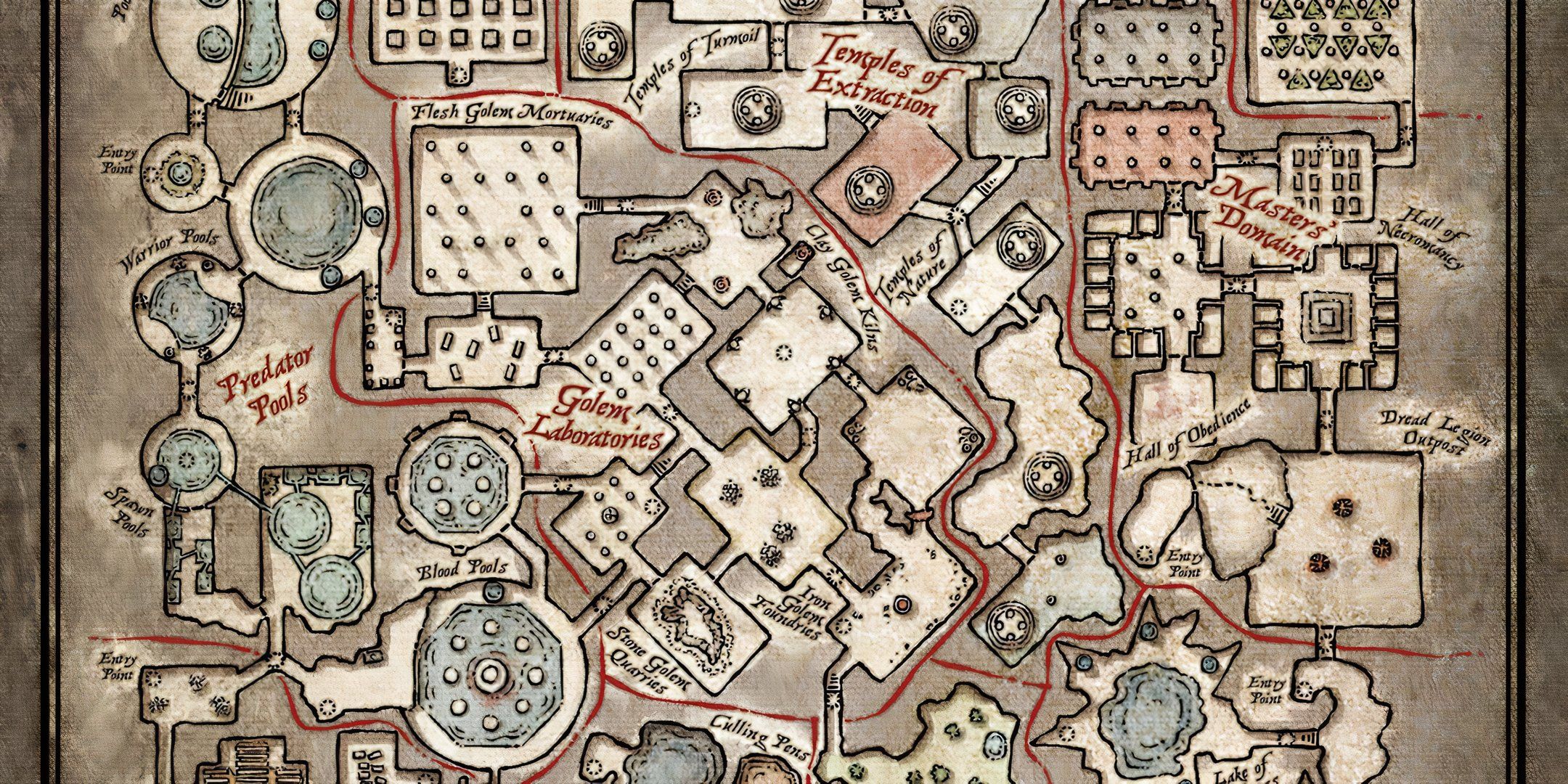
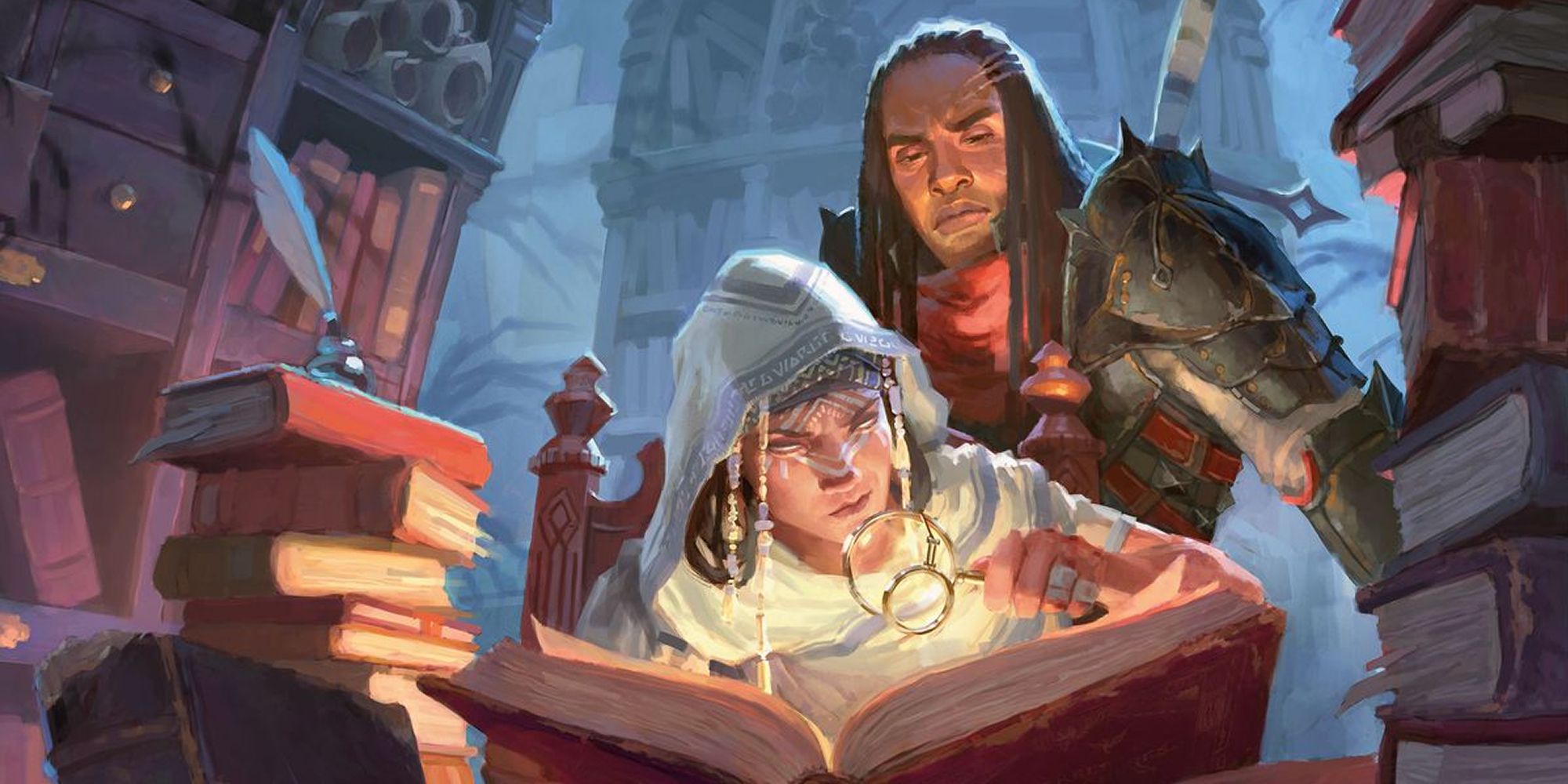
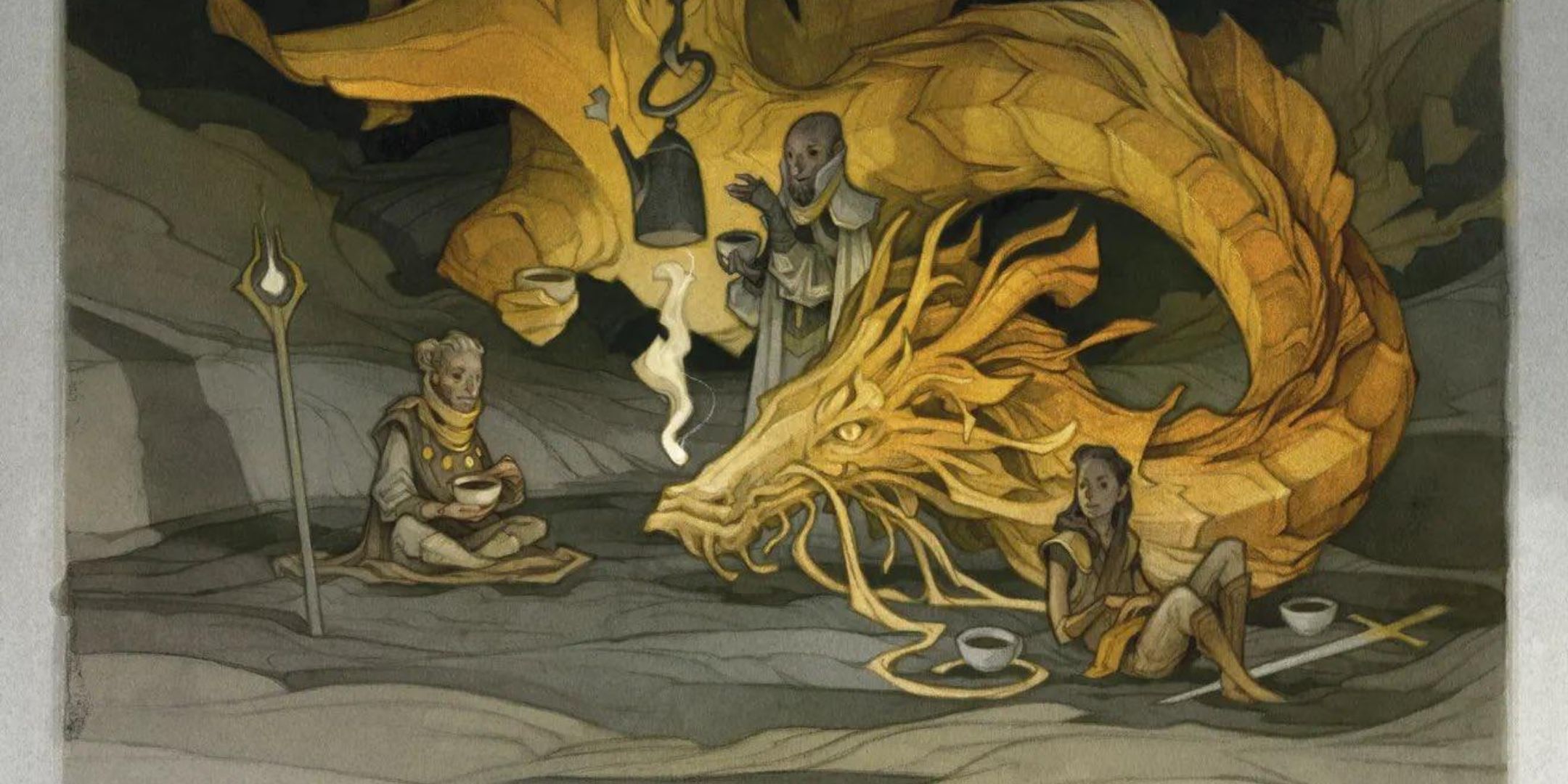
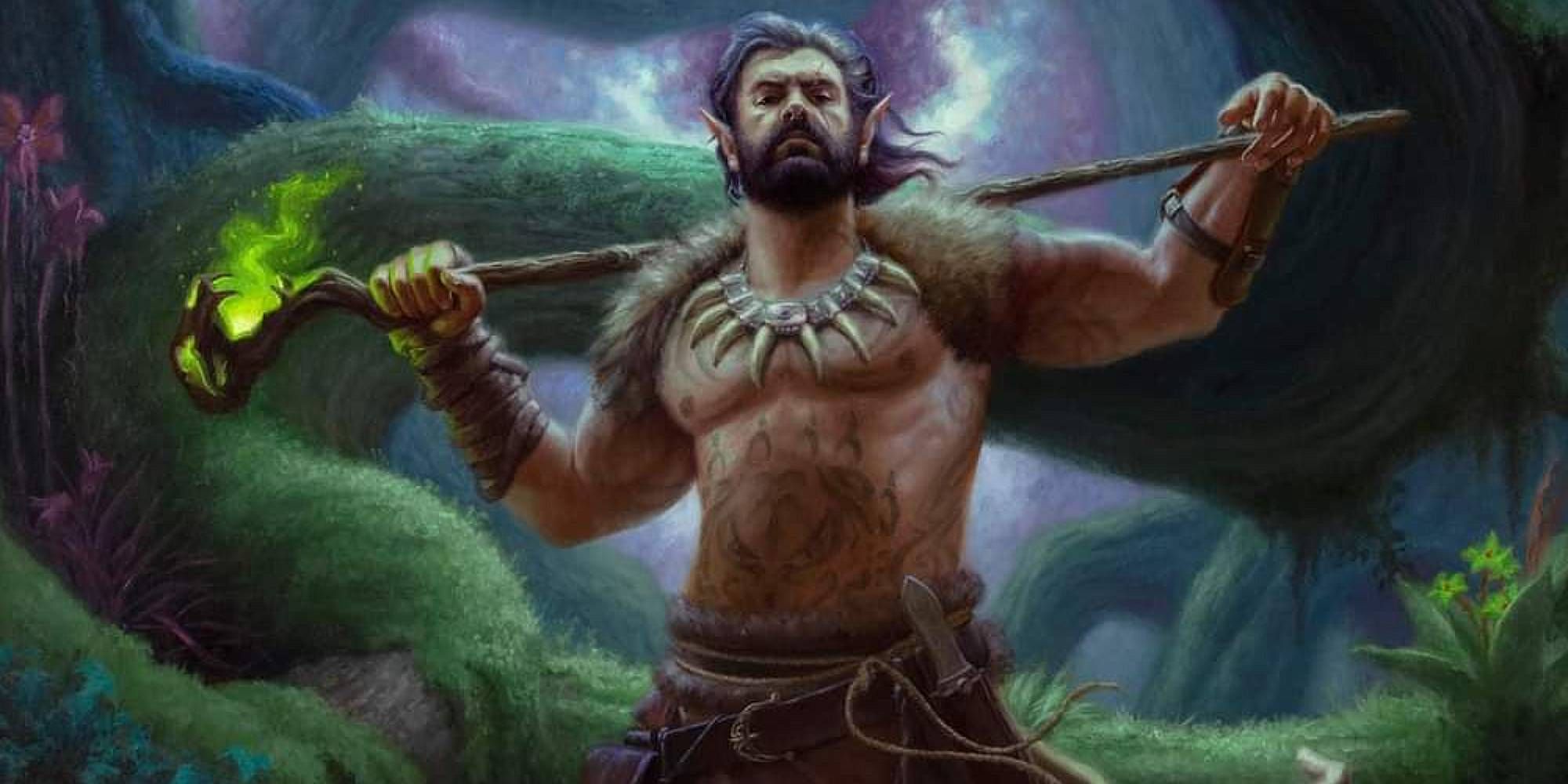
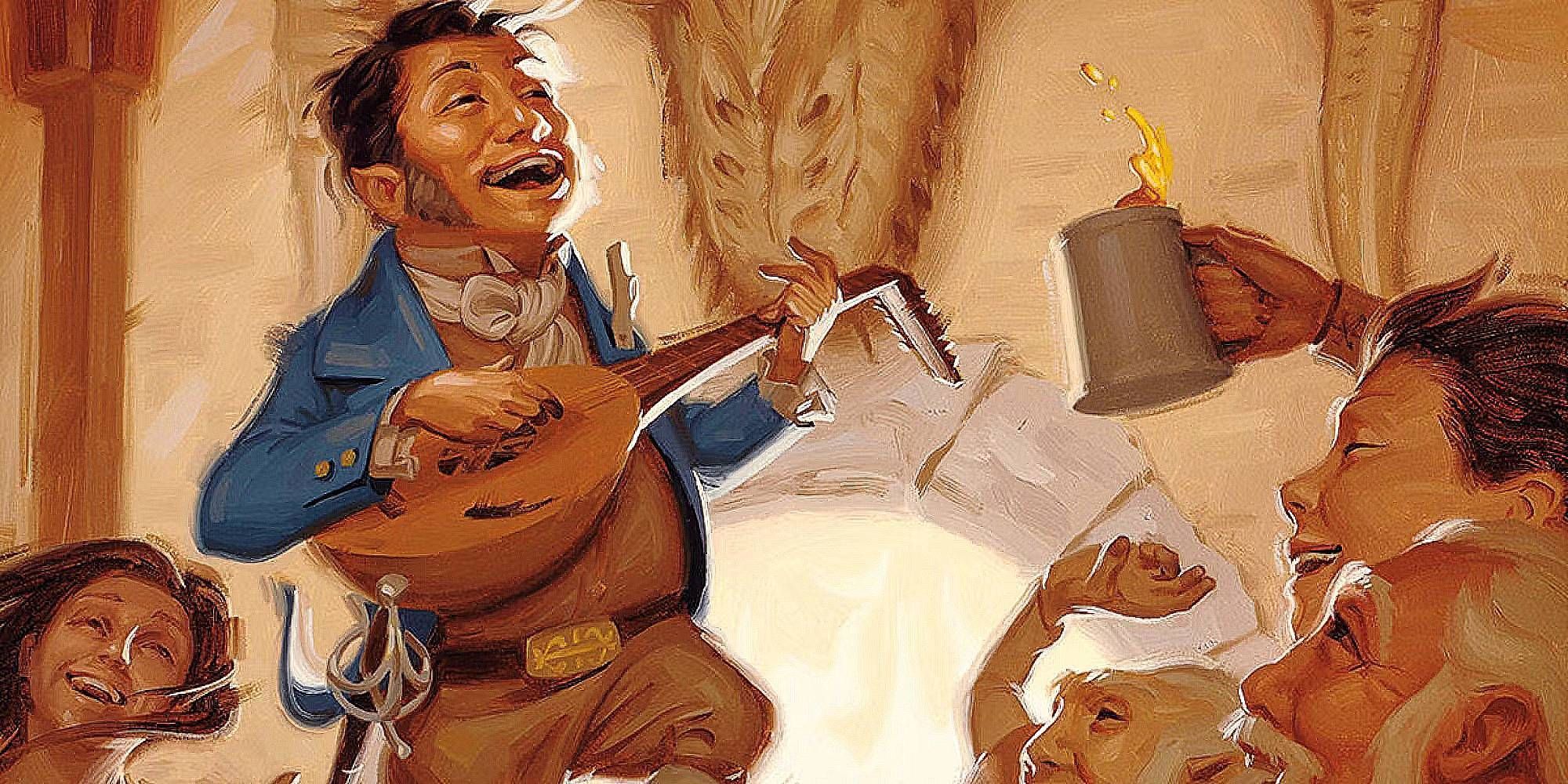
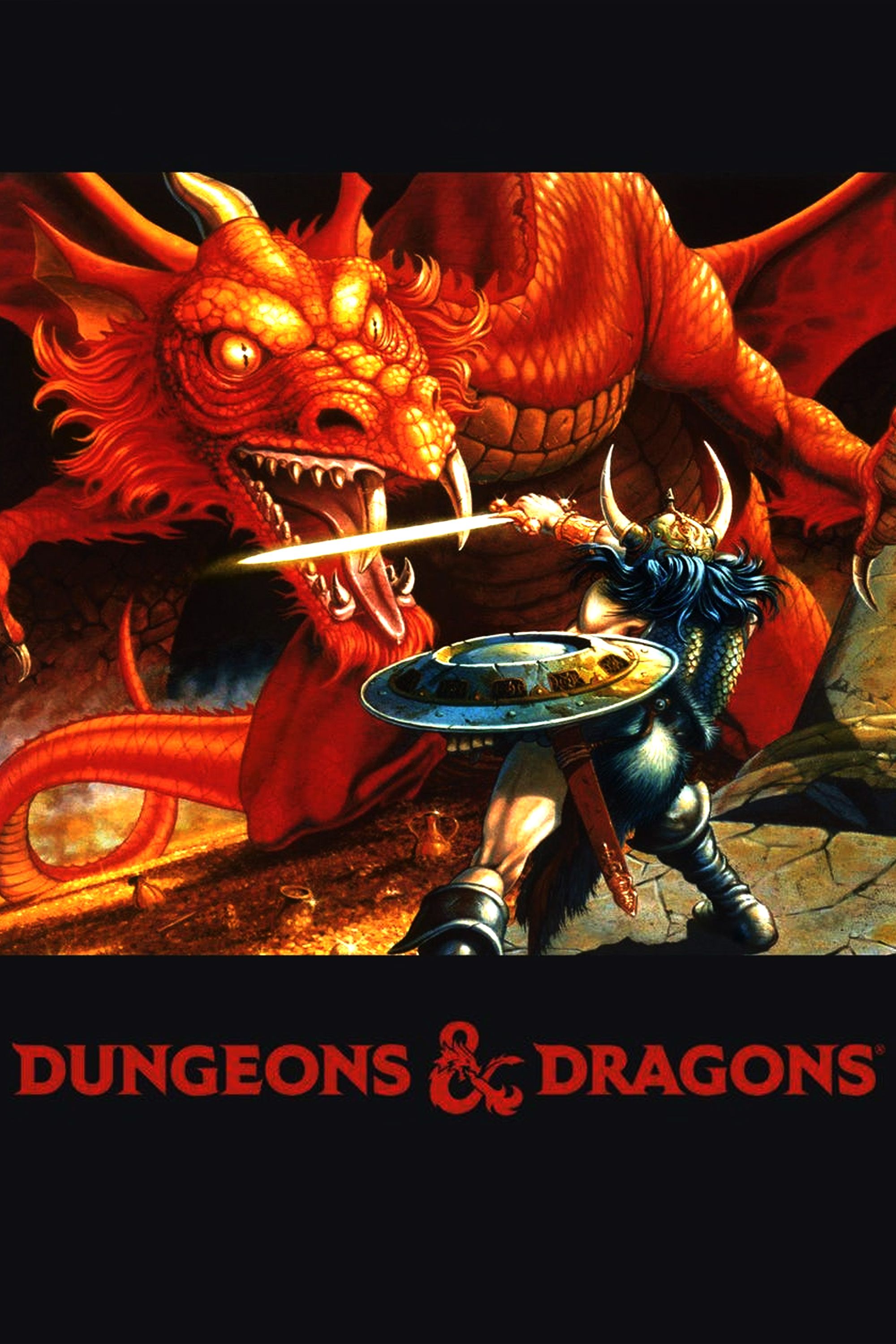

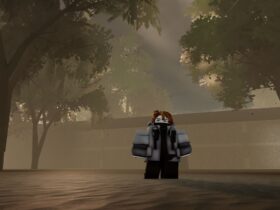

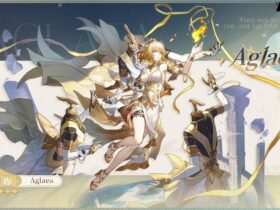
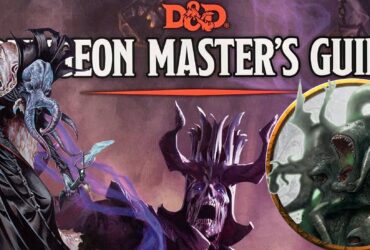
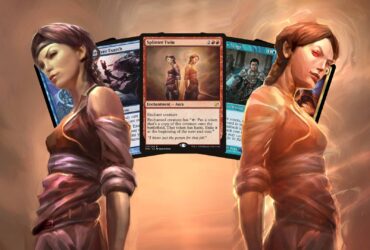
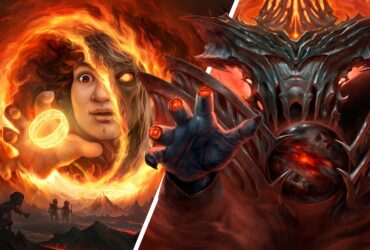

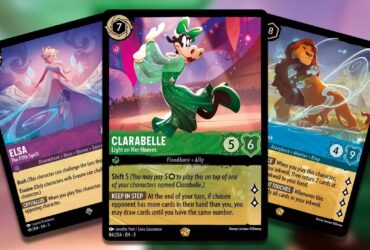

Leave a Reply